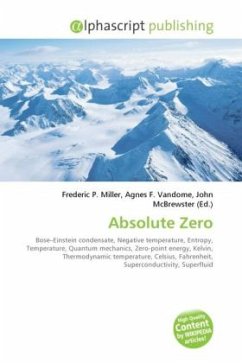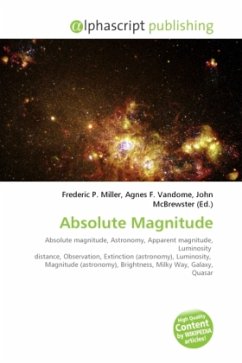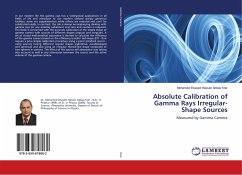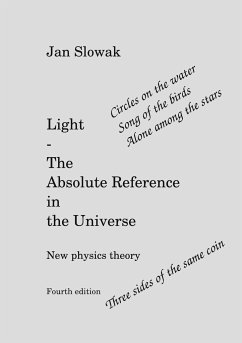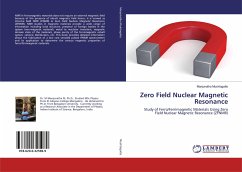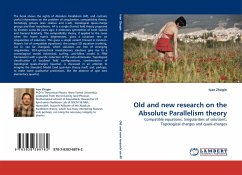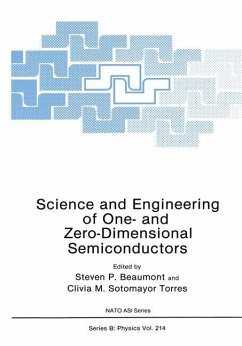High Quality Content by WIKIPEDIA articles! Absolute zero is the coldest temperature theoretically possible. It cannot be reached by artificial or natural means, because it is impossible to decouple a system fully from the rest of the universe. Technically, it is a temperature marked by a 0 entropy configuration. When defined in terms of entropy, Temperature is a quantity that determines the number of thermodynamically possible states of a system within an energy range. Thus, absolute zero possesses quantum mechanical zero-point energy. Having a limited temperature has several thermodynamic consequences; for example, at absolute zero all molecular motion does not cease but does not have enough energy for transference to other systems. It is therefore correct to say that molecular energy is minimal at absolute zero. By international agreement, absolute zero is defined as precisely 0 K on the Kelvin scale, which is a thermodynamic (absolute) temperature scale, and 273.15° on the Celsius scale. Absolute zero is also precisely equivalent to 0 R on the Rankine scale (same as Kelvin but measured in Fahrenheit intervals), and 459.67° on the Fahrenheit scale.
Bitte wählen Sie Ihr Anliegen aus.
Rechnungen
Retourenschein anfordern
Bestellstatus
Storno

